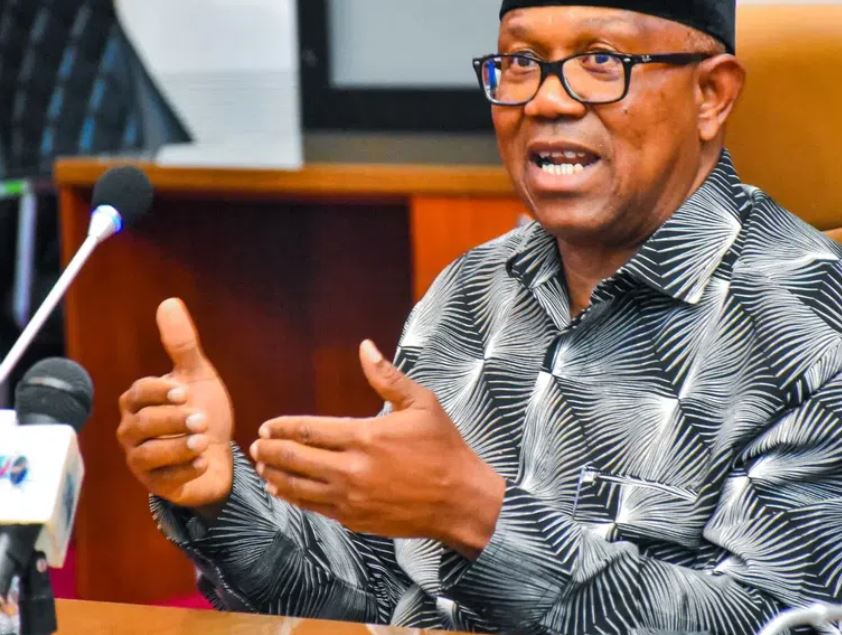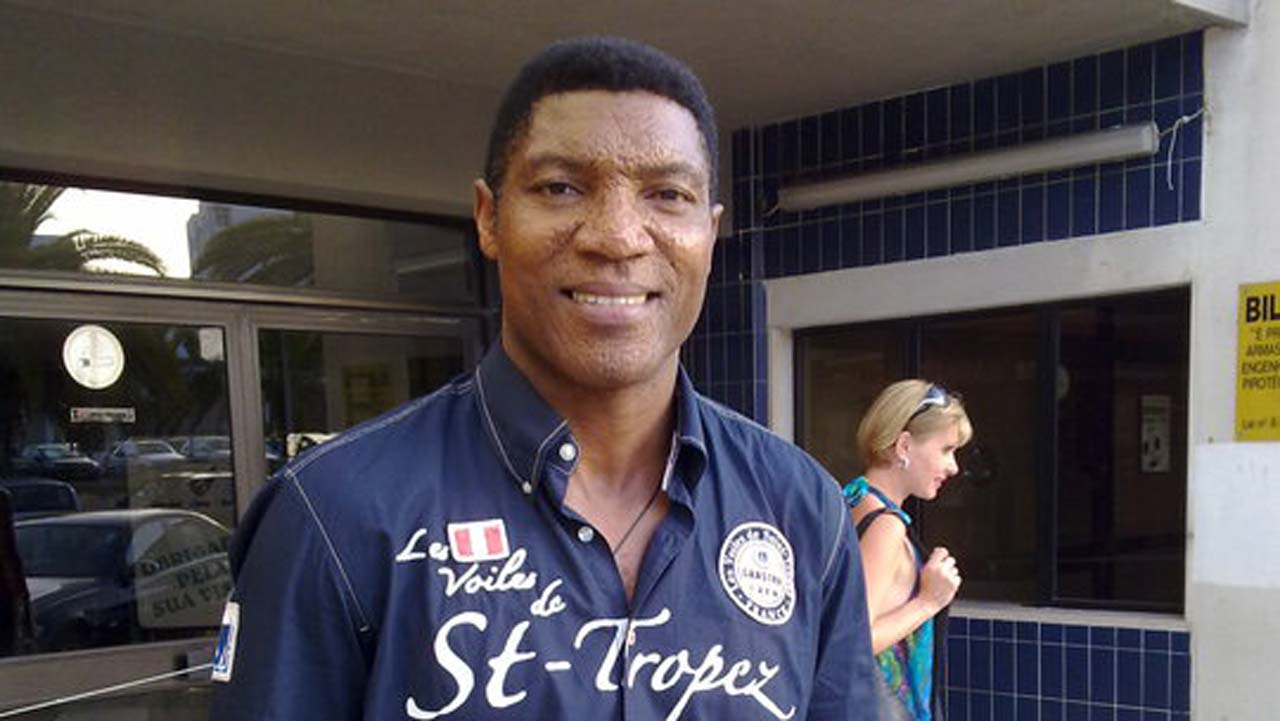
In a long overdue move, the Federal Government has prohibited the employment of children below the age of 12 as domestic helps in a new Act signed by President Goodluck Jonathan. Christened the Trafficking in Persons (Prohibition) Enforcement and Administration Act 2015, the new law recommends a prison term of two years and a possible fine for violators. The law also prohibits the exploitation of domestic helps who are under 18 years.
This law is a huge relief to parents and the many governmental and non-governmental agencies that have engaged in advocacy for the rights of children, especially, the girl-child. The long history of abuse of this category of children is an open secret in the country. The question had always been when the country would rise in the defence of these vulnerable children? Thank God, a reprieve has finally come their way.
To be sure, the situation has always been a complicated one. The exigencies of modern living and the rise in the incidence of working mothers have ensured that domestic helps would be needed to help with house chores. Hence, working couples go all out to find the much-needed support. In the process, children who themselves sorely need parental care and mentoring are brought into new homes to perform omnibus assignments for miserly fees that are hardly commensurate with their exertions.
Of course, the phenomenon of under-age help is linked to the high incidence of physical, mental and, sometimes, sexual abuse of the unfortunate children. Sadly, too, the adult male helps have been known to subject innocent children who they are supposed to care for to all kinds of sexual and physical abuse. Otherwise, in the not so distant past, the preference was for the use of grown teenagers or adults who were mostly relatives of their employers, who mostly treated them as members of their families. The rights to freedom and education of the older house helps were at that time mostly preserved.
Not anymore. These days, these young children are denied education and other basic freedoms. They are locked in their new homes and mostly restricted to their strict regimens. They are at the mercy of their bosses, denied access to education and other basic liberties—all for a pittance.
Nigeria as a signatory to the Child Rights Act could not have continued to turn a blind eye to this unwholesome development. On the contrary, government must be seen to protect the interest of its most vulnerable citizens. This is the benefit of the new law, and we commend government for the bold initiative.
Some may argue that the penalty does not go far enough. But the truth is that no right thinking citizen would want to go to jail on account of a breach of this social law or live with the odium it would bring. The truth, as we argued earlier on, is that the average Nigerian is his brother’s keeper. The new phenomenon of child exploitation and abuse is a relatively new one which we hope the new law will curb.
Come to think of it, who in their right senses would want to employ a 12-year old? And what manner of chores can their energies and little experience afford? These are some of the deeper considerations that should support the new law. Such children ideally should be with their parents and pursuing their dreams of a glorious future. When parents are unable to provide them with these basic rights, those who step in should adopt them as children and afford them these dreams as they would their own biological children. When this is not possible, they should please leave the minors alone.
And, this is where our governments, charitable organisations and philanthropic individuals come in. In the modern world, wealth is no longer measured in cash, but by the amount of good works done with it. We are glad that the awareness is gradually dawning on our governments and people, but there is still a lot to be done. The rights of children, especially vulnerable children, must be protected by all if we hope to make the transition into the comity of civilised and advanced nations. This is what we believe our governments, in conjunction with all well meaning citizens, must do.




















